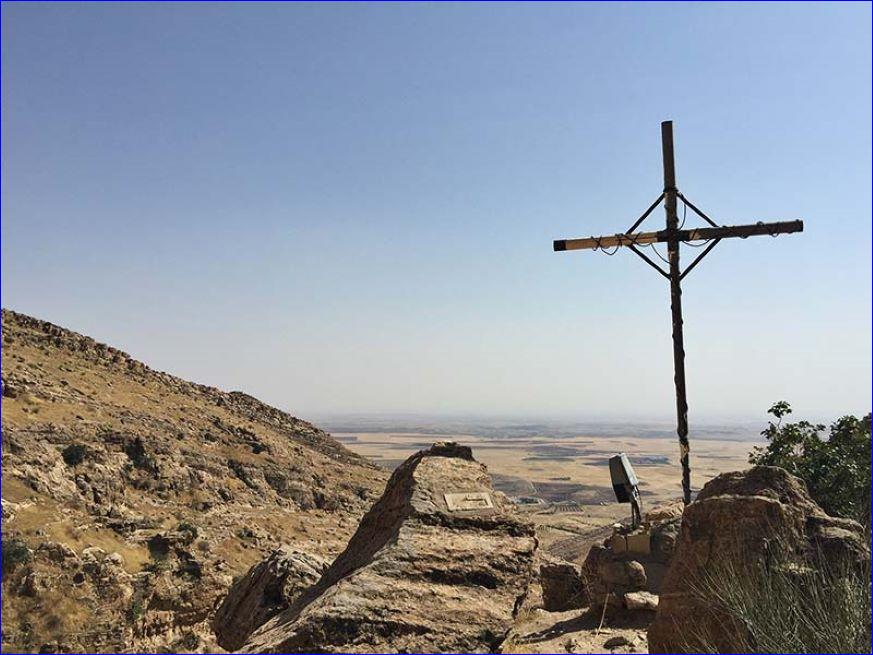


Since 2014, when the Islamic State (ISIS) overran the city, the Assyrian people entered one of their darkest chapters. Historic churches and monasteries, such as the al-Tahira Church and Mor Behnam Monastery, were bombed and desecrated. Families were given the grim choice to flee, pay taxes (jizya) as non-Muslims, convert to Islam, or face death. In a short period, the vast majority fled to the Kurdistan Region of Iraq or to distant exile, leaving behind neighborhoods that were once vibrant with liturgical and social life.
Related: Timeline of ISIS in Iraq
Related: Attacks on Assyrians in Syria By ISIS and Other Muslim Groups
Despite Mosul's liberation in 2017, return has been extremely limited. The International Christian Concern stated that the reluctance to return is not only linked to security fears but also to a lack of basic services, absent job opportunities and persistent structural discrimination against less-represented peoples. Together, these factors have created an environment that makes it difficult to restore the city's historic Christian presence.
Many Mosulians have settled permanently in the Ankawa district of Aba-ilo (Arbil), and also in Beth Nohadra (Dohuk). This concerns many hundreds of families, many more moved abroad. The Syriac Orthodox Church has also settled permanently in Ankawa, as it sees a return to Mosul is no longer an option. In Ankawa, it has built a new bishop's residence, a new church, and a new international school, all with financial support from the Kurdistan Region of Iraq.
The shocking figures are not limited to Mosul alone. Chaldean Patriarch Louis Raphael Sako revealed in a speech to diplomats and decision-makers in Vienna in late September 2025 that the number of Christian families in Mosul has dropped to fewer than 70. He noted that the city was once home to more than 50,000 baptized Christians. He added that this decline is not an isolated phenomenon but part of a broader crisis threatening the existence of Christians across Iraq.
Patriarch Sako pointed out that the Christian people in Iraq numbered over 1 million people 2 decades ago but has now dwindled to less than half that figure. He attributed this to successive wars, rising religious extremism, the dominance of militias and discriminatory laws, such as personal status laws that permit the "Islamic conversion of minors" if one parent converts. Mor Louis Raphael Sako called for a package of urgent measures, including returning seized properties to their original owners, providing financial compensation to those affected, and enhancing security through official government forces instead of local militias.
He also stressed the necessity for Iraq to transform into a state that guarantees full equality for all its citizens, moving away from sectarian divisions and toward a secular, democratic constitution.
The patriarch's appeal finds its echo in the empty neighborhoods of Mosul, where churches, some of which have been restored, still hold prayers for nearly empty pews.
For the remaining few, the decision to stay is not merely a religious or social one, but an existential stance. They see their perseverance as a form of resistance against the erasure of their identity.
Despite the bleak picture, hope still resides in this ancient city. Some believe that the sound of bells will one day rise above the rubble, proclaiming that life is stronger than fear, and that Mosul can reclaim its role as a city that gathers cultures and religions, as it did throughout its long history.

or register to post a comment.